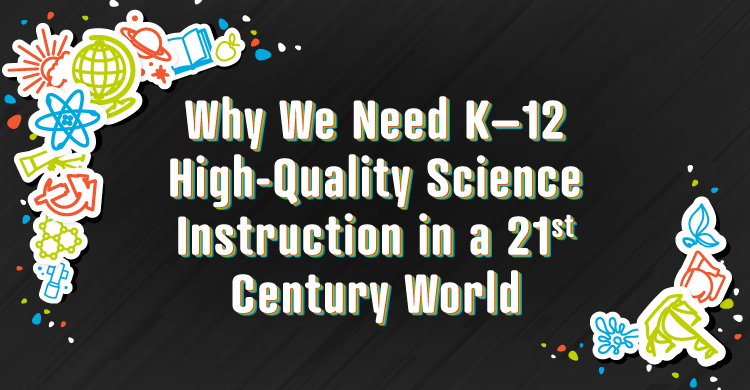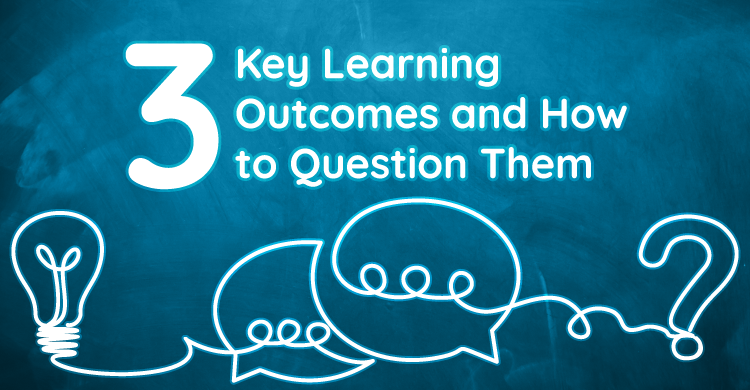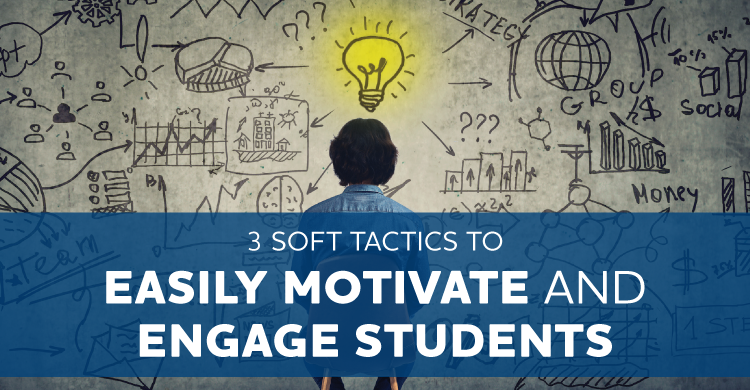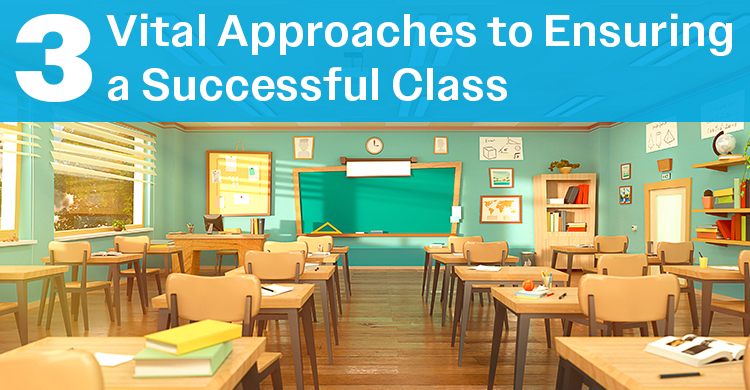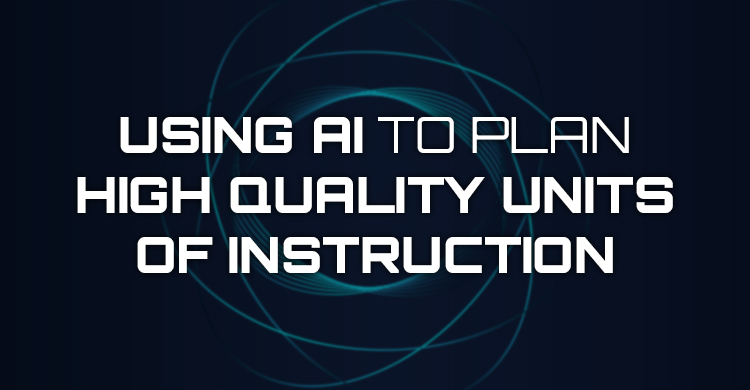Elliott Seif is the author of Teaching for Lifelong Learning: How to Prepare Students for a Changing World.
This is the first of three essays that will describe why powerful instruction is important in three content areas: science, social studies, and the arts. This first essay examines the many reasons why good science teaching is so important for preparing students to live in today’s and tomorrow’s world.
I argue here that an important part of a liberal arts education is a strong science education that, among other things, develops a sophisticated understanding of the natural world and offers deep insights into the nature of scientific investigation. Unfortunately, too few school districts today create comprehensive, inquiry-based, high-quality science programs at all levels, kindergarten through high school. Other priorities, such as time limitations, lack of attention, fragmentation, or a traditional coverage-based focus, all conspire to reduce the effectiveness and excellence of science programs in many schools and districts.
Here are one dozen reasons why we must counter these trends and why schools and districts must find ways to provide high-quality science teaching and learning for all children at all educational levels.
1. Learning science is interesting, meaningful, and motivating.
Science questions provoke curiosity and interest in the wonders of the natural world. Students learn to focus on science as a series of mysteries to be explored through interesting questions, such as “What is the nature of the universe?” “How does life exist?” “Why do things grow?” Learning science also provides students with an understanding of its massive contributions to everyday living and the comforts of life. Science programs provide an important avenue for helping students to develop a passion for inquiry and a better understanding of the world around us.
2. Science knowledge provides us with a basic understanding of the natural world.
Scientific knowledge helps us to understand the natural world around us, such as the vastness and characteristics of the universe, how species adapt and survive, the nature of matter, and so many other important insights. Every educated person needs to be provided with background knowledge on what has been already discovered and what is currently being explored in science.
3. Science teaches students to be “skeptics” about claims of truth and to look for rigorous evidence to support statements claiming to be true. Science builds on the idea that knowledge is tentative, subject to change, and that changes to knowledge, theory and understanding, based on rigorous research and experimentation, are an important part of the learning process.
Too many students come away from school thinking that knowledge is fixed and immutable and that there is always a right answer. Good science programs teach students a very important lesson: that knowledge is tentative, changing, and subject to tests of evidence. For example, a study of Galileo’s or Einstein’s discoveries help students to understand that what once was thought to be “correct” turned out to be wrong; that supposedly “accurate” knowledge needs to be tested; research studies need replication; and theory is only an empty idea until there is valid evidence to support and explain it. This “scientific” attitude—the tentativeness of knowledge and the need for evidence to support claims of truth—is important to learn today, in light of so many spurious claims made without evidence that are often believed by too many people.
4. Science promotes democratic thinking and democratic values.
Science teaches children to be open to new ideas and new ways of thinking in order to resolve problems. Conflicts in science are resolved peacefully through discussion, persuasive argument, further investigation, and the rigorous collection of evidence. Scientists learn to “disagree without being disagreeable.” Thoughtful criticism is the norm, not the exception. The expectation is that, as Einstein once said, “critical comments should be taken in a friendly spirit.”
5. Science builds positive lifelong learning habits, behaviors, and attitudes.
Good science programs emphasize the value of continuous inquiry. Students learn to solve problems and answer questions by taking small steps, being persistent, having patience, and overcoming adversity. They learn that finding “truth” is often messy and inconclusive. Science teaches that successful achievement and learning often require experimentation, trial and error, making mistakes, even failure. In other words, science teaches habits, behaviors, and attitudes that support self-directed, autonomous, lifelong learning.
6. Science develops critical intellectual skills, including creativity and imagination as well as tolerance for and adaptation to change.
Science fosters the development of critical and creative thinking skills that carry over to learning other subjects and daily living. Through science, children learn to:
- Ask “what if” questions
- Carefully observe: “What do you see happening to this plant as it grows?”
- Interpret and hypothesize: “Why do you think this is happening?”
- Conduct experiments: “How can we prove it?”
- Consider many alternatives
- See different perspectives and points of view: “What are different points of view about why this happened?”
- Analyze: “What are its component parts?”
- Synthesize: “How does this all fit together into a pattern? What are the connections and relationships?”
- Test solutions
- Draw conclusions: “What are our results? Conclusions? Why?”
Students learn how to create an argument with supporting evidence to justify a point of view and to question opinions that have little backing to support them. Science teaches students that change and adaptation is part of the nature of learning and growing by testing new ideas and adapting to changing circumstances.
7. Science builds reading and “learning to learn” skills.
Good science programs build strong reading skills! As students investigate physical forces, chemical reactions, biological growth, or the solar system, they also learn how to read a variety of science resources, understand new concepts, build vocabulary and background knowledge, and learn the language of science and science inquiry. The investigation skills they learn are a significant part of the “learning to learn” skills they will need for college and future careers.
8. Science helps students to learn and apply mathematical thinking.
Math is the language of science. As students learn science, they learn that mathematics is an important tool to help solve real problems and questions. As students “do” science, they learn how to measure, manipulate numbers, collect and analyze data, form patterns, develop spatial and geometric relationships, and apply many of the higher level and complex math systems to scientific problem solving.
9. Science enriches learning in other subjects.
All subject areas benefit when a student understands science concepts and ideas. For example, science concepts are helpful for understanding historical forces, technological and social changes over time, and current issues and concerns, such as global warming. Science problems can be used to help students understand and apply measurement skills and statistical analysis. The arts are integrated into science through graphic designs and drawings that complement learning about scientific and technological principles and innovations. Science concepts are intertwined with understanding healthy living habits and good nutrition.
10. Science develops teamwork skills.
Through science, children learn how to work together to investigate, test hypotheses, interpret data, and draw conclusions. As they work together, they learn to understand and tolerate difference and diversity. They learn how teamwork contributes to significant learning. Science can also contribute to making schools safer and more peaceful by teaching students how to work together and resolve conflicts.
11. Science creates a growing interest in and preparation for expanding career opportunities.
High-quality science program experiences develop scientific talents and interests. They encourage students to prepare to work in the growing science-related professions, as scientists, health care professionals, technicians, and other science-related fields.
12. Scientific understanding is critical for good citizenship in a 21st century world.
An understanding of science, science concepts, how science arrives at results, and science research is critical if students are to become intelligent citizens in a democratic society. An understanding of today’s complex issues, concerns, challenges and problems require an understanding of scientific principles, concepts, and ideas. Global warming is the most obvious, but others include what to do about atomic waste, how to get clean water, agriculture and food issues, health and illness, hurricane damage prevention, energy issues, automation and robotics.
Conclusion
Every child should have the opportunity to participate in a strong, coherent, inquiry-oriented science program. It should be a priority for 21st century world education. Science education can have a powerful impact on children and learning, and it can make a significant difference in the lives of children.
Teachers, boards of education, superintendents, principals, the community at large, and governments need to make a commitment to support and develop high-quality science programs at all levels, K–12. There are many ways to do this—for example, to widely share and discuss these twelve reasons on why it is critical to develop strong science programs. Teachers and schools then need to adopt high-quality science curricula at all levels. This will require the development of teachers’ science knowledge and skills, to train teachers on how to incorporate high-quality science experiences into their classrooms, to involve local science organizations in promoting and fostering high-quality programs, to apply for funds to implement and support high-quality science programs at all levels, and, ultimately, to develop competent science educators in every school and at all levels.


